Growers worldwide adhere to the Tocklai Tea Research Institute’s Good Agricultural Practices (GAP) and Good Manufacturing Practices (GMP) standards. The standards, based on decades of research and development, date to the early 1900s, with frequent updates. The latest update, titled TRA-Tocklai GAP-GMP Standard, will be available January 2023. The revisions are necessary to help growers and manufacturers improve soils, protect natural ecosystems, encourage diversity, reduce greenhouse gas emissions, and establish a more climate-resilient tea industry, according to TRA. The new standards closely align with the United Nation’s Sustainable Development Goals.
Listen to the Interview
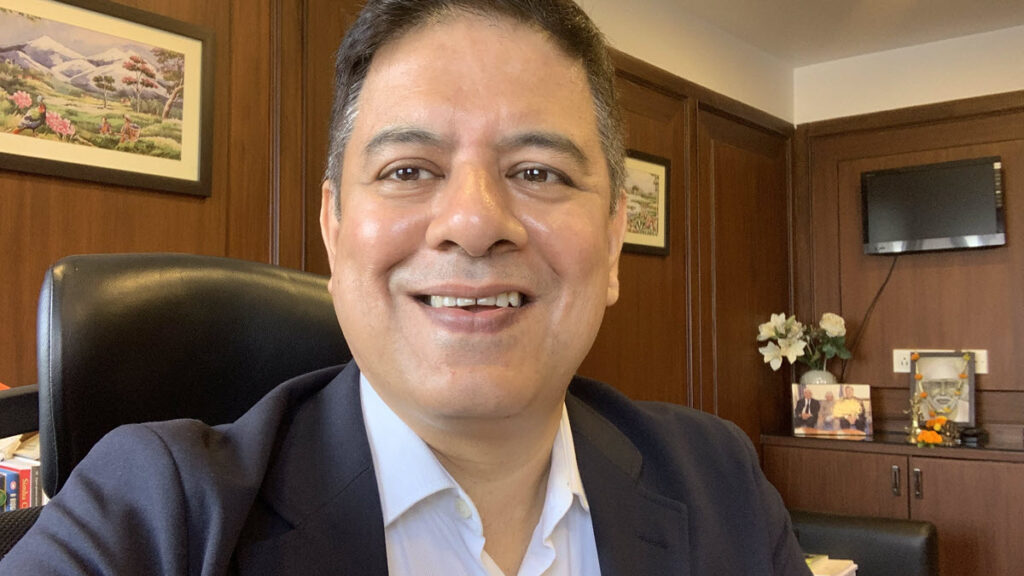
New Tea Policy Emphasizes Quality Evaluation
India is seeking ways to improve tea quality. In January, the Tea Research Association (TRA) will implement a unified agricultural standard for tea fields and factories. Introduced in September, the revised standards align with the United Nation’s Sustainable Development Goals, explains Joydeep Phukan TRA’s Principal Officer and Secretary. He said that India’s tea sector is experiencing environmental and social changes that impact the livelihood of 10 million people, including 1.2 directly employed in the regulated tea gardens (RTG). Phukan has managed the research institute for the past 16 years. Before that, he was Assistant Secretary of the Indian Tea Association and Asst. Secretary at the Guwahati Tea Auction Center. He graduated with a degree in History and has a master’s in Management studies.
Dan Bolton: Will you share some details about TRA’s new ag standards?
Joydeep Phukan: Certainly. Tocklai is in its 111th year of non-stop operations. Over the years, we have come out with many different agricultural and manufacturing advisories, which have become the standard for the tea industry in India, and elsewhere.
It’s two-way traffic. We learn from the practical problems faced by the industry in the field through our vast advisory network spread out in nine Indian states, our scientists work on that, and then we come out with solutions to the industry. These advisories are documented in the TRA Field Management Book, TRA Planters Handbook, and the Tea Encyclopaedia of TRA.
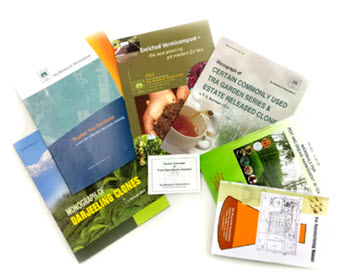
Since the advisories were spread out and extensive, we considered summarizing them into a few chapters to create a Bible for the industry. We began by collating the pillars of our advisories and condensed them into seven chapters aligned to the United Nations Sustainable Development Goals covering 2, 4, 13, and 15 of the SDGs
Tocklai’s Good Agricultural Practices GAP and GMP are based on hardcore research on tea done by our scientists over the last 111 years. We added a few more chapters primarily to address the industry’s sustainability issues.
GAP is a dynamic document; as we go ahead, we will add on things and discard what is no longer beneficial. We are doing it through a consultative process with the industry. A standards committee within our organization reviews our standards from time to time.
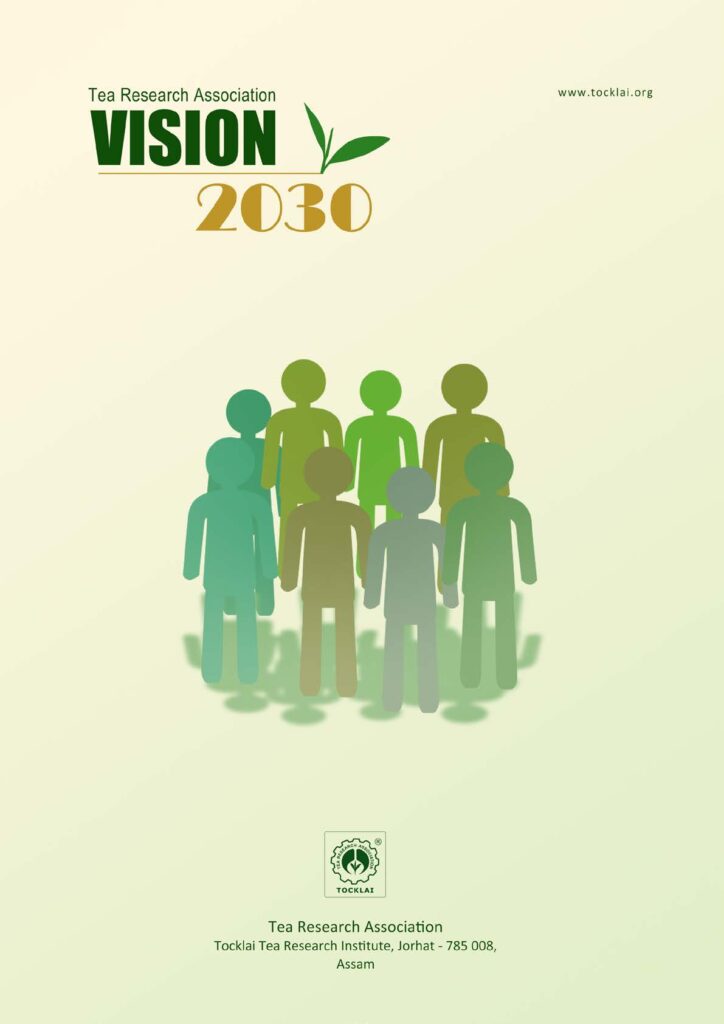
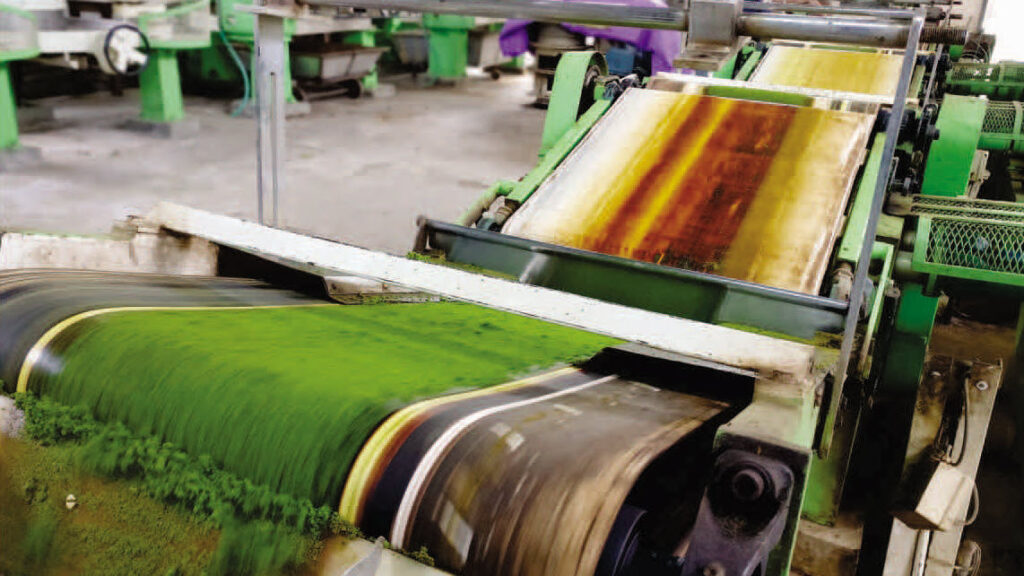
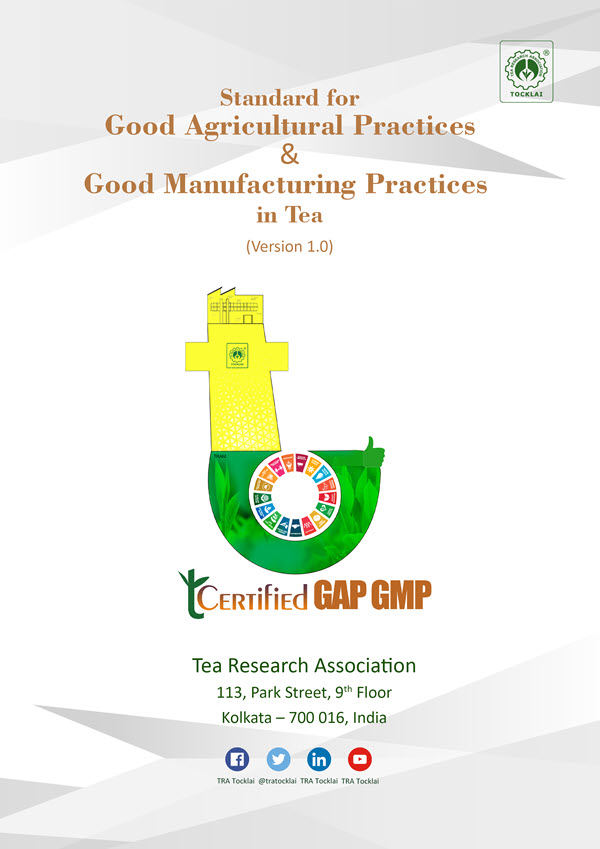
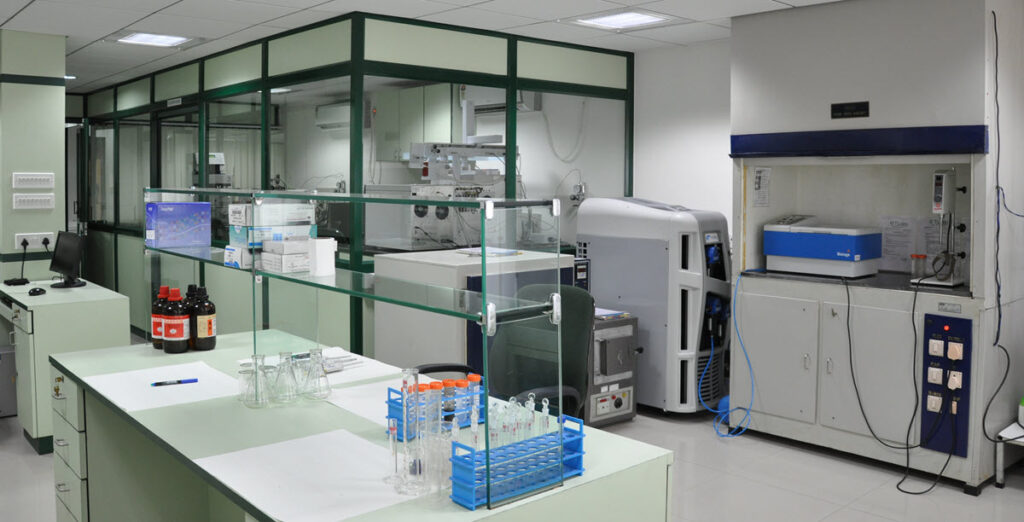
“This is a dynamic document; as we go ahead, we add on things and discard which are not beneficial. We are doing it through a consultative process with the industry. A standards committee within our organization reviews our standards from time to time.”
– Joydeep Phukan
Dan: How do these standards differ from third-party certification by organizations such as the Rainforest Alliance, which introduced a new sustainable ag standard in June 2020?
Joydeep: The main difference between our standards and those developed by third-party certifiers is that our standards are backed by scientific research carried out by our scientists. There is scientific evidence for every practical recommendation that works well in the tea industry.
Sustainability has been a buzzword for the last 25 years. When you look at the Indian tea industry, you see that we at TRA Tocklai have been researching and publishing advisories to make tea more sustainable for more than a hundred years.
Third-party certifiers bring in many things which are not based on their own work and or scientifically backed. Many certifications use a fit-all model where tea is put in the same basket as other commodities.
Initially, we are concentrating on the TRA GAP GMP standards for the regulated sector in India, but gradually we will include advisories specific to small growers so that there is one standard for the industry. Assam’s Government has mandated TRA Tocklai to provide R&D support to more than 200,000 smallholders in Assam.
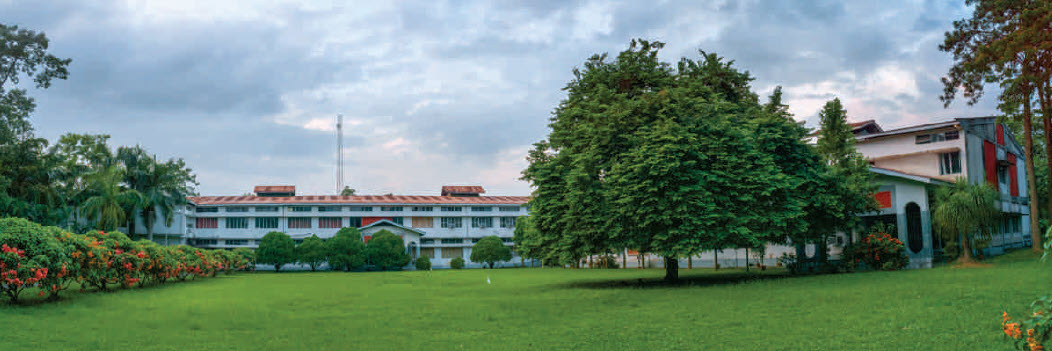
Dan: When farms and factories adhere to these standards, are they recognized for their effort? Do they receive a certificate attesting to the fact they adhere to TRA’s best practices?
Joydeep: Yes. Our advisory network is spread out across Northeast India. They visit every TRA member’s gardens twice a year. They have to review each aspect of their operations against these standards. Once they are fulfilled, the gardens will be certified annually and receive a certificate for adherence to the adoption of best practices. There is no additional cost for the TRA members.
Member estates of TRA comprise almost 90% of the organized sector in North India, covering nine Indian states in East and Northeast India.
Dan: After inspections are completed, do growers and manufacturers receive a report indicating what they’ve achieved and what improvements to focus on?
Joydeep: Yes. They will receive a report indicating how they have fared vis-à-vis the standards. If there are shortcomings, we will help them improve the estate’s compliance with the standards. Most of our members implement the TRA recommendations, and some go beyond, by implementing new ideas. We also plan to share the best practices followed by certain estates/companies within the code if the concerned company agrees to share the same.
Dan: Gardens that conform to various standards may tick the boxes and demonstrate lowered emissions, but standards alone do not ensure better tasting tea. Will you discuss the importance of teaching growers how to improve the quality of their pluck and the fundamentals of manufacturing good tea?
Joydeep: That’s a very good question. It is not enough to lay standards and certify them on paper. We must walk the talk to teach our members better plucking and manufacturing. Although the perception of quality differs, the basic standards of plucking and manufacturing must be maintained. At TRA we have organized hundreds of onsite workshops for small tea growers on good plucking standards. Parallelly, we are aggressively organizing cold weather and early weather workshops for all our member estates on the care they should take for better plucking standards.
TRA has a dedicated tea manufacturing advisory service. The TMAS team which consists of a biochemist, a tea taster, and a tea technologist will hand-hold tea makers in tea factories and train them on quality manufacturing. Apart from our model tea factory at Tocklai, we are coming up with another model tea factory at Nagrakata in Dooars for gardens to experiment with quality tea manufacturing. We are also considering training estates on Orthodox tea making which should see good demand amongst our industry.
Soil plays a significant role in long-term sustainability, and the method of regenerative agriculture developed by TRA will go a long way in addressing soil health issues at a much lower cost.
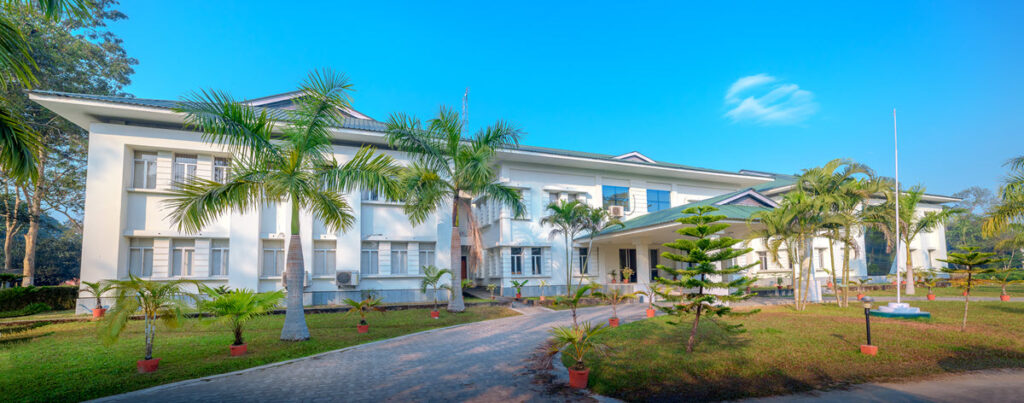
Dan: Truly sustainable production is profitable, which, due to today’s costs, demands the additional revenue generated by value-added tea, right? Will you talk about how India can add value to generate more revenue?
Joydeep: Tea is a commercial business for everyone in the organized sector, including the small grower. To produce truly sustainable tea, you must be economically sustainable. Ultimately if the venture is not commercially sound, no one will invest the money to make a plantation sustainable.
Indian tea is sold mainly as a commodity; accordingly, as each commodity has its own cycles, it also has its ups and downs. It’s high time tea producers see merit in their produce and market directly as a brand. Today we have many channels to sell our products and many consumers. The pandemic was a blessing in disguise, and many tea companies tried out their own selling and distribution platforms. We need to scale this up fast to have visibility across the digital platform.
However, with all efforts, if we can’t increase tea consumption, these measures will not bear fruit. Attracting millennials and GenZ to drink more tea is crucial. The tea industry needs to have a well-thought-out plan and execute it meticulously to attract them.
Interestingly, the young generation, whom we target to drink more tea, are conscious of the environment and like to experiment. They have a strong digital footprint. We from the industry need to act together to position our product with the right message. The young generation surely will pick up the threads and make tea their preferred drink. If the new generation feels for a cause or a product, money is not an issue for them. So that’s how we can get our value from the tea.
Download: Tea Research Association Vision 2030
Tocklai Tea Research Institute
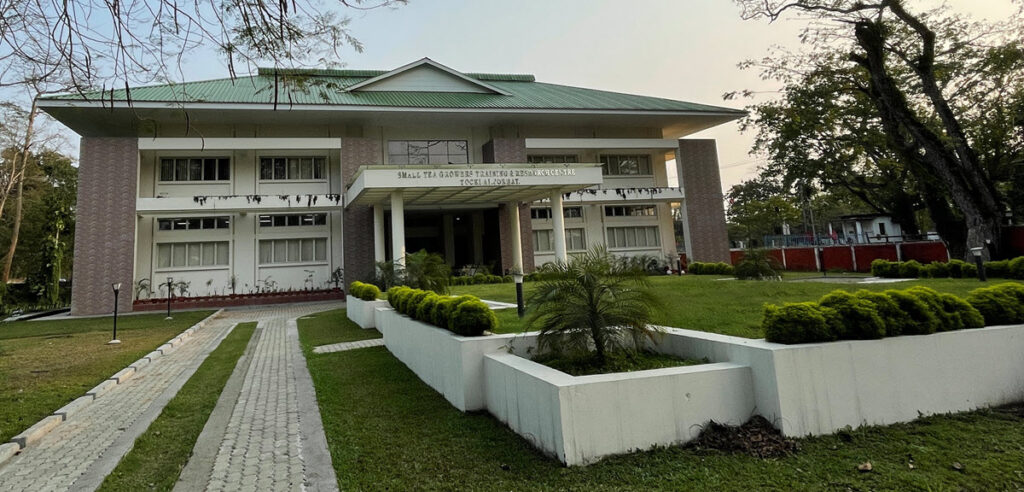
Good Agriculture Practices (GAP)
Agrotechnology developed by Tocklai is primarily based on GAP principles and implemented through a strong network that provides advisory services. The network covers all of Northeastern India. One area of research is optimizing process parameters for black tea processing. ECM (Environmentally Controlled Manufacturing) and Model tea manufacturing enable tea processors to achieve ECM objectives. Fertilizers are checked for the presence of hazardous substances before application, and recommended pesticides are sprayed on tea bushes to ensure that no pesticide exceeds the permissible limit of MRL (maximum residue levels). Meeting the regulatory requirements in domestic as well as global markets under Sanitation and Phytosanitation (SPS) measures under WTO are one of the challenges to be dealt with appropriately in the coming years. TRA research efforts need to be continuously focused on ensuring quality at the farm gate. Research data is regularly updated to help develop quality standards for conformance.
Assam’s Proposed Tea Policy
Assam’s chief minister has proposed financing several activities to further develop the tea industry in terms of quality, and valuation, not only in tea but other by-products like tourism. Group A initiatives offer incentives for all gardens. Group B initiatives are exclusively for small growers. Together they will help establish brand identity for the state.
Similarly, the central government of India is also promoting quality, product diversification, and market access. These initiatives require substantial money to be allocated both by the state government and the central government.
The focus is on quality evaluation and new markets, a combination that will re-energize the sector and make it sustainable.
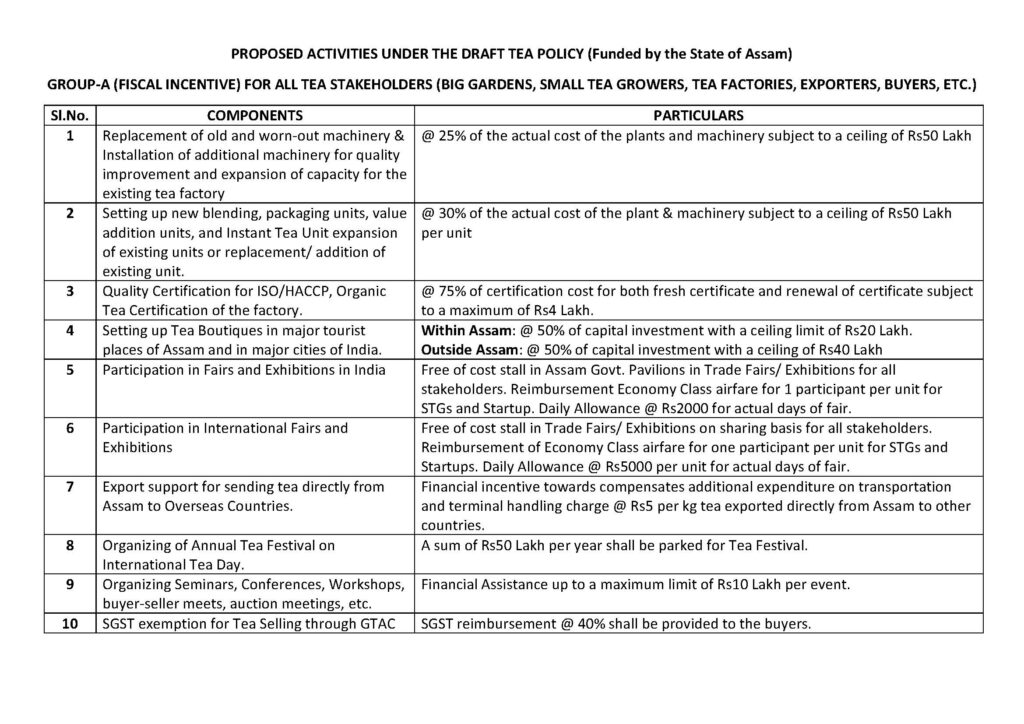
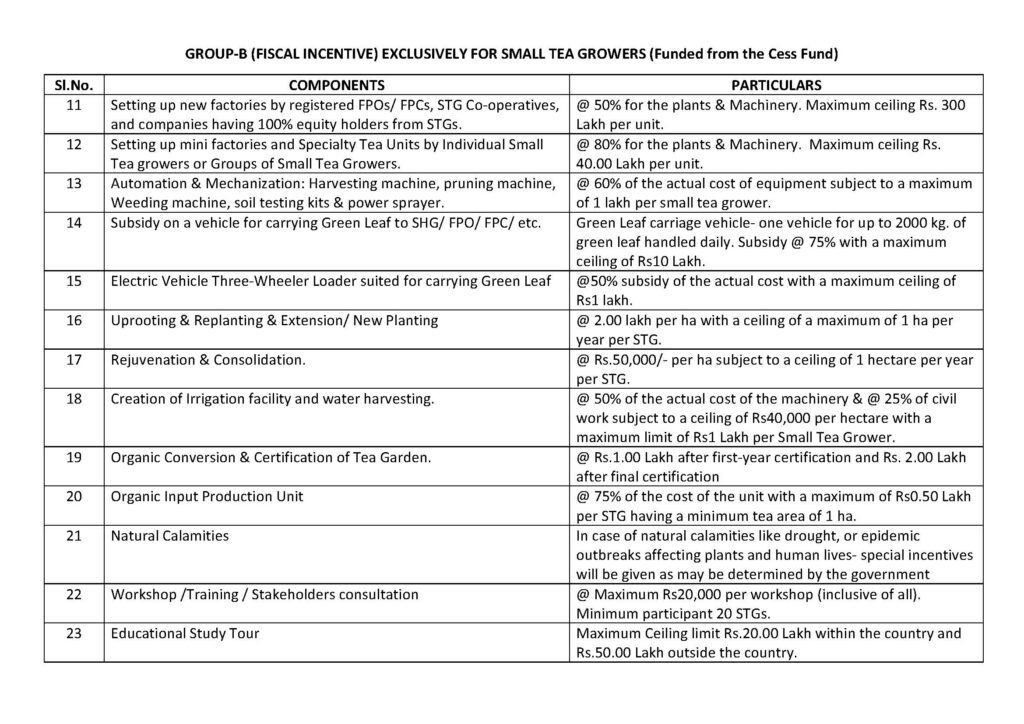
Share this post with your colleagues
Signup and receive Tea Biz weekly in your inbox.
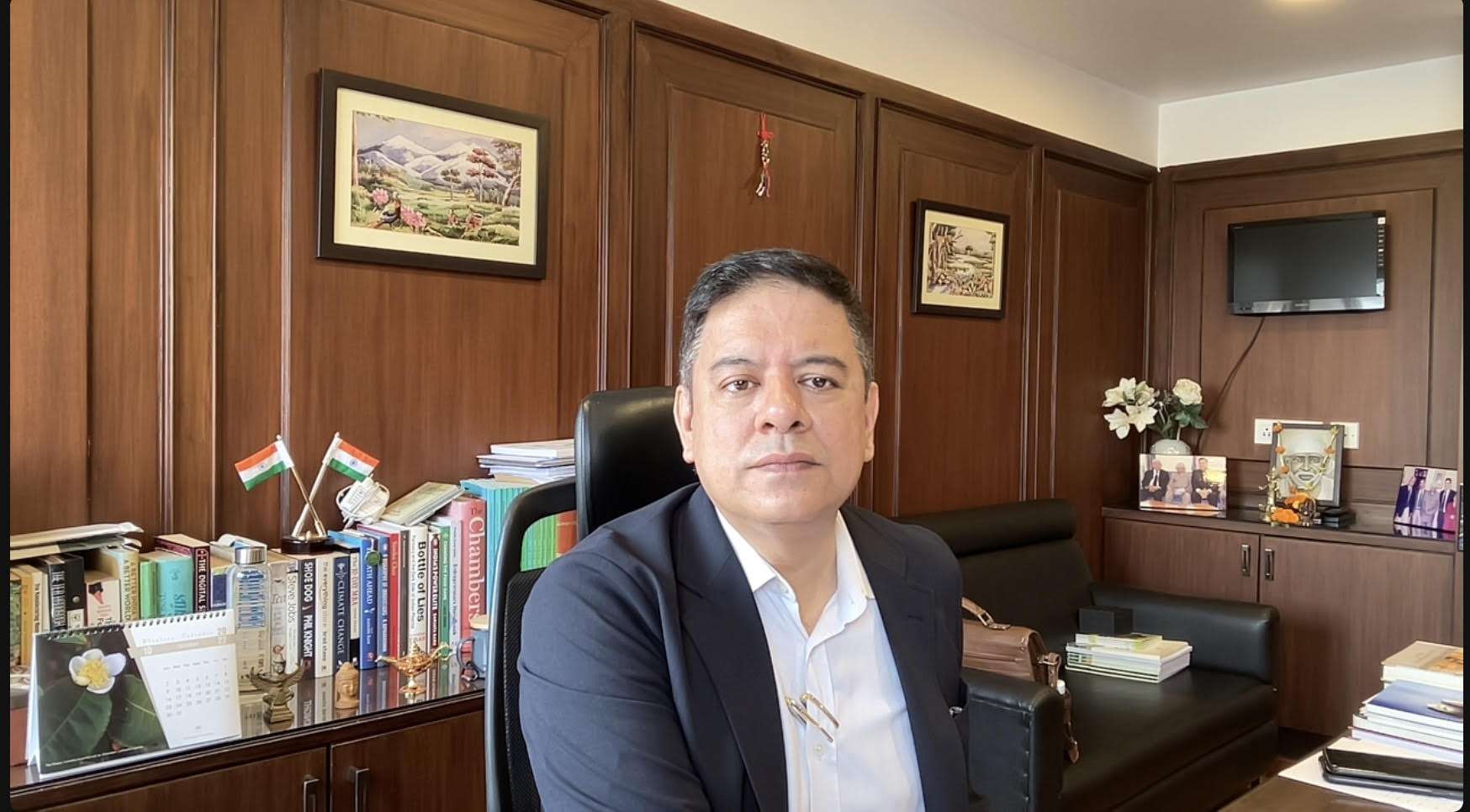



One response to “Revised TRA Standards Promote Tea Sustainability”
Very informative article.